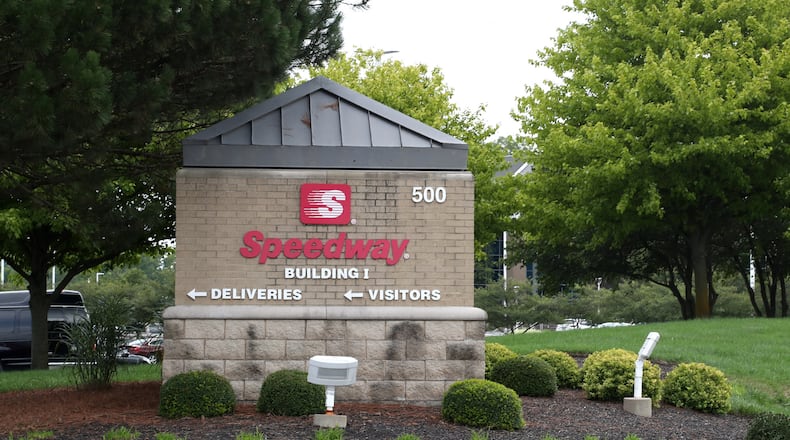Representatives of the 7-Eleven convenience store chain said as a result, decisions have been made to reduce staff in some areas, which included consolidating duplicate roles and aligning responsibilities.
The exact number of people laid off has not been released by the company, nor the time period in which the elimination of certain roles have occurred.
However, the company said that number is less than 35 and it’s representatives did not specify which positions were impacted.
The statement sent to the Springfield News-Sun by 7-Eleven said that in the last several months the company has made significant progress toward fully combining Speedway and 7-Eleven.
That includes the designing of an organizational structure that will better position “the combined company for success in the near-term and for many years to come.”
In regards to the elimination of certain positions and the following layoffs, the statement from the company said, “These decisions have not been made lightly, and we remain committed to serving customers, stores and communities from our Store Support Centers in Enon, OH, and Irving, TX.”
7-Eleven has been in the process of integrating Speedway into its operations after it had closed this year on the $21 billion acquisition that included the purchase of nearly 4,000 Speedway stores across 36 states.
A subsidiary of the Tokyo-based Seven & i Holdings Co., Ltd., 7-Eleven, which is headquartered in Dallas, owns, operates, and franchises approximately 9,000 convenience stores in the United States as of June, making it the largest U.S. convenience store chain at that time. Almost half of those stores sell fuel as well, according to the Federal Trade Commission.
In June, it was reported that 7-Eleven Inc., and Marathon Petroleum Corp., had agreed to divest from locations in almost 300 markets. That decision followed competition concerns that were raised over the acquisition and a proposed consent order from the FTC.
The Dayton and Springfield markets were not listed by the FTC as areas in which the divestment would occur. The agreement calls for both companies to divest hundreds of stores that sell gasoline and diesel fuel in 293 local markets across 20 states.
Under the terms laid out in the proposed consent order by the FTC, 7-Eleven and Marathon are required to divest 124 retail fuel outlets to Anabi Oil, comprising 123 Speedway outlets and one 7-Eleven outlet.
About the Author

